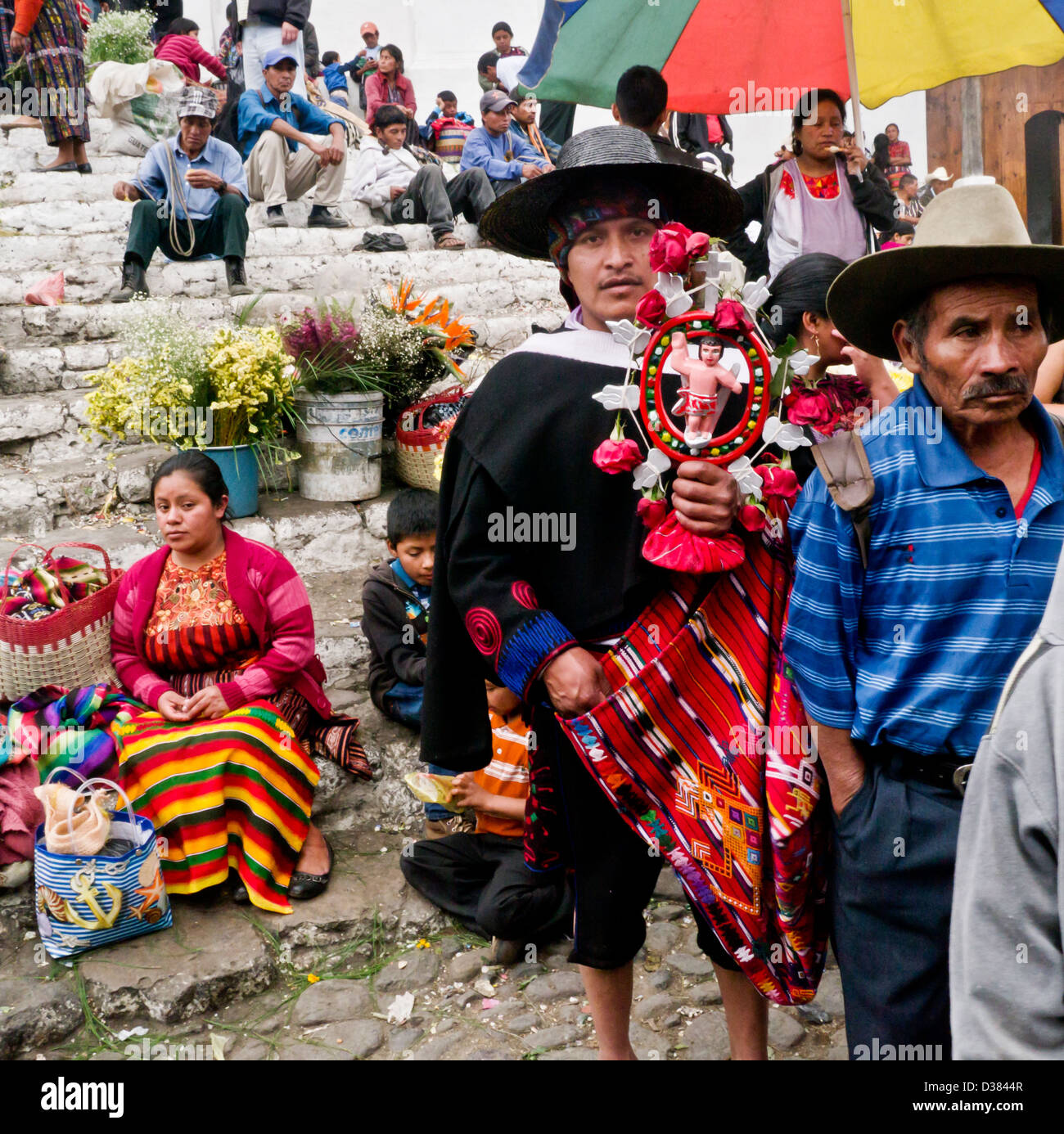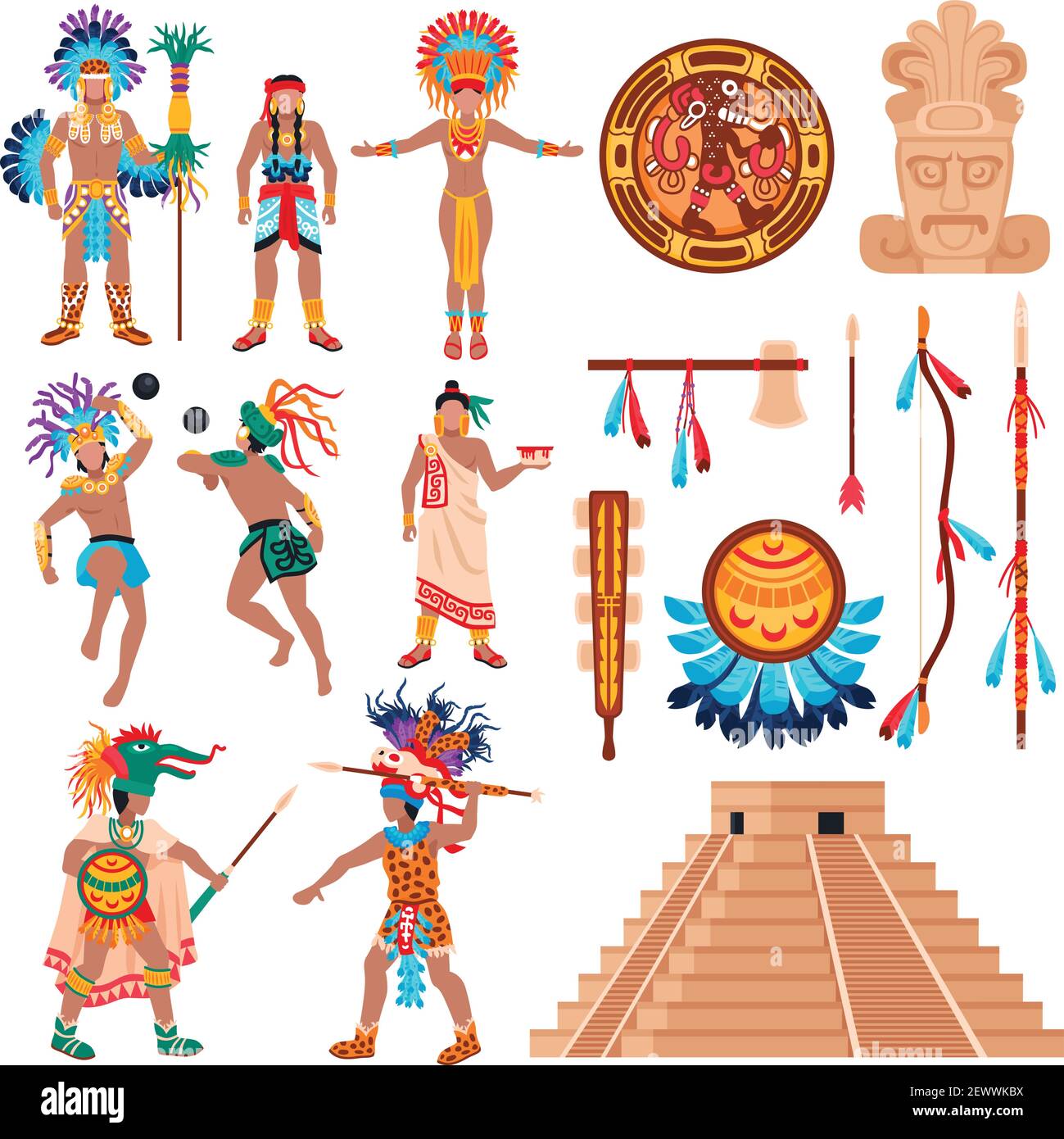Unveiling The Rich Tapestry Of Maya Ethnicity: A Journey Through Time, Culture, And Identity
Imagine this—you're standing in the heart of a lush jungle, surrounded by towering pyramids that whisper ancient secrets. This is the world of the Maya, a civilization whose ethnicity has shaped history, culture, and modern society in profound ways. The Maya ethnicity isn’t just a label—it’s a living, breathing testament to resilience, innovation, and tradition. So, buckle up, because we're diving deep into this fascinating topic.
The Maya ethnicity has been a subject of intrigue for centuries, captivating historians, archaeologists, and cultural enthusiasts alike. But it's not just about ancient ruins or hieroglyphs. It's about understanding the people behind the myths, the faces behind the stones, and the stories that have survived millennia. This journey will take you through the essence of what it means to be Maya, exploring their rich heritage, modern struggles, and contributions to the global stage.
Now, why should you care? Well, the Maya ethnicity isn't just a relic of the past—it’s a vibrant, evolving identity that continues to influence our world today. From their groundbreaking achievements in astronomy and mathematics to their deep connection with nature, the Maya offer lessons that are more relevant than ever. So, whether you're here out of curiosity or a desire to learn, you're in the right place.
- Dan Stevens And Susie Harriet A Journey Of Talent And Passion
- Meet The Fosters Actors A Deep Dive Into Their Talents And Stories
Who Are the Maya People?
Let’s start with the basics. The Maya people are an indigenous group native to Mesoamerica, primarily found in regions of Mexico, Guatemala, Belize, Honduras, and El Salvador. Their civilization dates back thousands of years, with evidence of their existence stretching as far back as 2000 BCE. But don’t let the ancient roots fool you—the Maya are still very much alive today, with millions of descendants proudly carrying on their traditions.
Key Facts About Maya Ethnicity
- The Maya are known for their advanced understanding of astronomy, mathematics, and agriculture.
- They developed one of the most sophisticated writing systems in the ancient world, featuring over 800 unique symbols.
- Maya culture is deeply rooted in spirituality, with a complex belief system that includes multiple gods and goddesses.
But here’s the kicker—the Maya ethnicity isn’t monolithic. It’s a diverse tapestry of languages, customs, and practices. There are over 30 distinct Maya languages still spoken today, each with its own nuances and quirks. So, when we talk about the Maya, we’re talking about a rich mosaic of identities rather than a single, homogenous group.
Historical Roots of Maya Ethnicity
Now, let’s rewind the clock and explore the historical roots of the Maya ethnicity. Picture this—the Maya civilization flourished during what’s known as the Classic Period, roughly between 250 and 900 CE. This was their golden age, a time when they built awe-inspiring cities like Tikal, Palenque, and Chichen Itza. These cities weren’t just architectural marvels—they were hubs of trade, learning, and governance.
- Whats The Buzz About Echo Food Shelf A Deep Dive Into The Future Of Smart Pantries
- Casanova Jail Sentence The Untold Story Behind The Legend
The Rise and Fall of the Maya Civilization
But every great civilization eventually faces challenges. By the end of the Classic Period, many Maya cities were abandoned, possibly due to environmental factors, political instability, or a combination of both. However, the Maya didn’t vanish—they adapted. They continued to thrive in smaller communities, preserving their culture and traditions through the centuries.
Fast forward to the arrival of the Spanish conquistadors in the 16th century. This was a dark period for the Maya, marked by colonization, forced conversions, and cultural suppression. Despite these hardships, the Maya resisted and survived, proving their incredible resilience. Today, their descendants continue to honor their ancestors’ legacy, blending ancient traditions with modern life.
Cultural Contributions of the Maya Ethnicity
Let’s talk about the cultural contributions of the Maya ethnicity—because they’re nothing short of incredible. The Maya were pioneers in many fields, from science to art. Did you know they developed a calendar system that’s more accurate than the Gregorian calendar we use today? Or that they cultivated crops like maize, beans, and squash, which are staples in diets around the world?
Maya Art and Architecture
When it comes to art and architecture, the Maya were visionaries. Their temples, palaces, and sculptures showcase a unique blend of beauty and functionality. Take, for example, the Temple of the Inscriptions at Palenque. This structure not only served as a tomb for a revered ruler but also features intricate carvings that tell stories of the Maya’s history and beliefs.
And let’s not forget their vibrant artistry. Maya pottery, textiles, and murals are renowned for their intricate designs and vibrant colors. Each piece tells a story, whether it’s about daily life, religious ceremonies, or historical events. These artistic expressions continue to inspire artists and designers worldwide.
Modern-Day Maya Ethnicity
So, what does it mean to be Maya in the modern world? Today, there are an estimated 6-7 million Maya people living across Central America and beyond. They face unique challenges, such as preserving their language and culture in the face of globalization, but they also celebrate their heritage with pride.
The Role of Education and Technology
Education and technology are playing crucial roles in revitalizing Maya culture. Initiatives like bilingual education programs and digital archives of Maya texts are helping to preserve their language and traditions. Additionally, social media platforms have become powerful tools for Maya activists and artists to share their stories with a global audience.
But it’s not all smooth sailing. Many Maya communities still face discrimination, poverty, and lack of access to basic resources. Despite these challenges, they remain steadfast in their commitment to preserving their identity and advocating for their rights.
Maya Ethnicity and Global Impact
The influence of Maya ethnicity extends far beyond their geographical boundaries. Their contributions to science, art, and culture have left an indelible mark on the world. For instance, the concept of zero, which the Maya independently developed, revolutionized mathematics and paved the way for modern calculations.
Maya Cuisine: A Global Sensation
Speaking of global impact, let’s talk food. Maya cuisine, with its emphasis on fresh ingredients and bold flavors, has become a sensation worldwide. Dishes like tamales, pozole, and cochinita pibil are not only delicious but also carry deep cultural significance. Each bite tells a story of the Maya’s connection to the land and their ancestors.
And let’s not forget the beverages. Maya chocolate, made from cacao beans, is considered one of the earliest forms of chocolate in the world. Its rich, complex flavor continues to delight chocolate lovers everywhere.
Challenges Facing Maya Ethnicity
While the Maya ethnicity has much to celebrate, they also face significant challenges. Land rights, environmental degradation, and cultural appropriation are just a few of the issues they grapple with daily. These challenges threaten not only their livelihoods but also their cultural heritage.
Land Rights and Environmental Conservation
Land rights are a particularly pressing issue for the Maya. Many communities have been displaced due to logging, mining, and agricultural expansion. This not only disrupts their way of life but also destroys the ecosystems they depend on. Efforts to protect Maya lands and promote sustainable development are crucial for their survival.
Environmental conservation is another area where the Maya are making strides. Their deep understanding of nature and sustainable practices offers valuable lessons for addressing global environmental challenges. By partnering with organizations and governments, the Maya are working to preserve their natural resources for future generations.
Celebrating Maya Ethnicity
Despite the challenges, the Maya ethnicity continues to thrive. Festivals, ceremonies, and cultural events are vibrant expressions of their identity. These gatherings bring communities together, fostering a sense of unity and pride.
Maya Festivals and Traditions
One of the most famous Maya festivals is the Day of the Dead, celebrated throughout Mexico and Central America. This vibrant event honors deceased loved ones through altars, offerings, and traditional foods. It’s a reminder of the Maya’s deep connection to their ancestors and the cyclical nature of life.
Other traditions, such as weaving, music, and dance, are also integral to Maya culture. These practices not only preserve their heritage but also provide economic opportunities for artisans and performers.
Conclusion: Why Maya Ethnicity Matters
As we wrap up this journey through the world of Maya ethnicity, it’s clear that their contributions and legacy are invaluable. From their ancient achievements to their modern-day resilience, the Maya offer lessons that resonate with us all. So, what can you do? Start by learning more about their history and culture. Share their stories with others. Support Maya artisans and businesses. Together, we can help ensure that this incredible ethnicity continues to thrive for generations to come.
And remember, the next time you savor a piece of chocolate or marvel at a Maya pyramid, take a moment to appreciate the rich tapestry of identity and tradition behind it. The Maya ethnicity isn’t just a piece of history—it’s a living, breathing part of our global heritage.
Table of Contents
- Who Are the Maya People?
- Historical Roots of Maya Ethnicity
- Cultural Contributions of the Maya Ethnicity
- Modern-Day Maya Ethnicity
- Maya Ethnicity and Global Impact
- Challenges Facing Maya Ethnicity
- Celebrating Maya Ethnicity
So, what are you waiting for? Dive into the world of Maya ethnicity and discover the wonders that await!
- North Carolina Deer Tags 2024 Your Ultimate Guide To Hunting Success
- Ufc Newsletter Presale Your Ultimate Guide To The Hype And How To Get In On The Action

Ethnic Maya people in Chichicastenango market, Guatemala, Latin America

Maya civilization set of isolated ethnic items idols and human

The Birth of Indigenous Identity among the Ch’orti’ Maya of Honduras